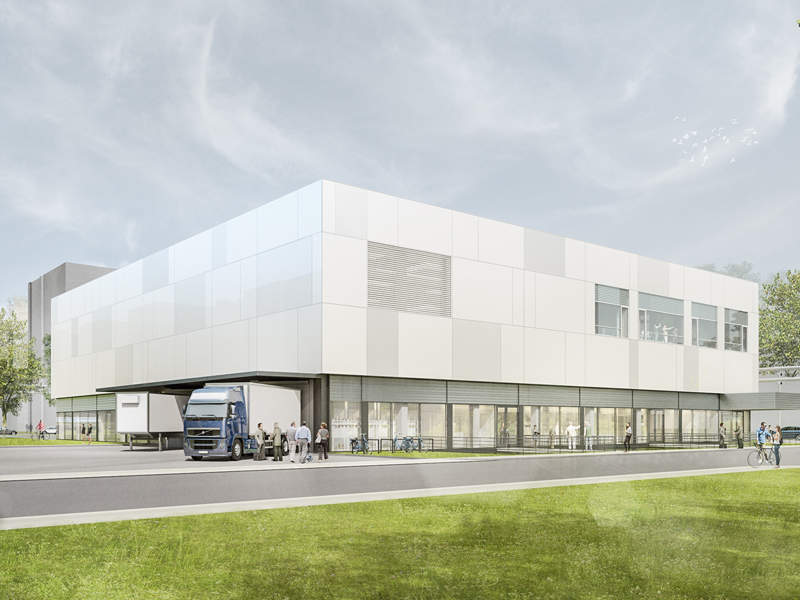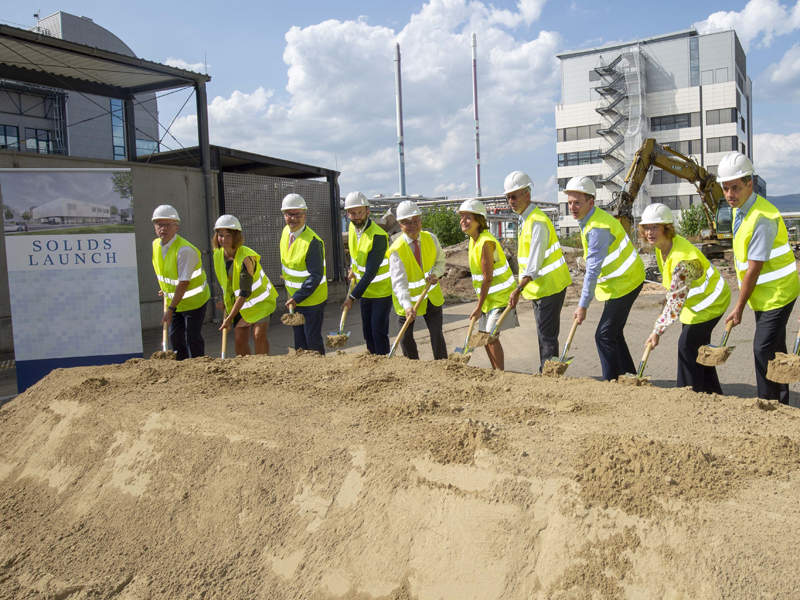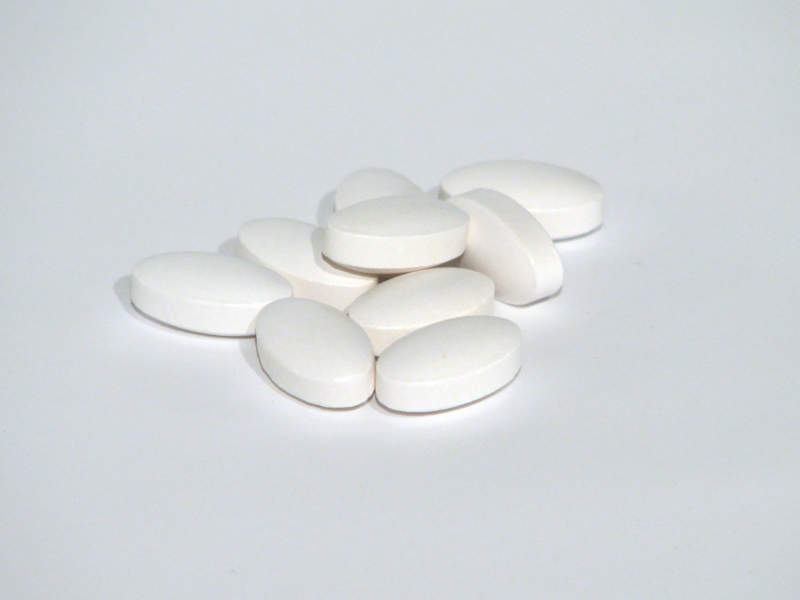Pharmaceutical company Boehringer Ingelheim is building a tablet production facility in Ingelheim, Germany.
The company will produce innovative drugs at the facility for launch in the global market. All the contractors to be hired will be based in or around Ingelheim.
The plant will cost an estimated €85m ($97.2m), to be financed fully by Boehringer Ingelheim. Upon completion in 2020, it will employ more than 75 people.
A ground-breaking ceremony for the facility was held in August 2018.
The facility’s construction marks one of many investments announced by Boehringer Ingelheim in 2018 to increase its research and development (R&D) and production capabilities. The company is also developing a €230m ($266.4m) biologicals development centre (BDC) within its Biberach site in Germany.
Boehringer Ingelheim has also announced plans to develop two facilities in France. These are a €200m ($235m) production centre for veterinary health, announced in July 2018, and a €65m ($80m) avian vaccines production facility, announced in April 2018.
Boehringer Ingelheim’s new tablet production facility location
Boehringer Ingelheim’s tablet production facility will be located in the town of Ingelheim, which is situated in the Mainz-Bingen district of Rhineland-Palatinate.
This state was chosen due to its thriving chemical and pharmaceutical industry, which generates one of the highest turnovers in the region and is an important driver of economic growth.
Boehringer Ingelheim’s tablet production facility details
Also known as a Solids Launch facility, the project will develop new manufacturing techniques for tablet preparations and produce them for launch worldwide. It will enable Boehringer Ingelheim to keep the entire value chain of research, development and manufacturing within Germany.
The facility will be equipped with a contained production train to handle highly potent compounds. It will also feature a flexibility-driven layout, which will allow rooms and equipment to be rearranged as required in order to quickly start production by the anticipated time. Highly complex production technologies such as continuous manufacturing will be used at the facility.
The development is part of Boehringer Ingelheim’s strategy to focus on innovative and flexible technologies and processes. The company plans to move the production of older drug forms to its other facilities located elsewhere in the world.
Boehringer Ingelheim’s existing operations in Ingelheim
Boehringer’s Ingelheim site is considered to be one of the world’s largest pharmaceutical production sites. The facilities are engaged in pharmaceutical production and packaging.
In 2017, a €34m ($40m) diabetes medicines production facility was developed at the site for manufacturing novel antidiabetic agents. Boehringer plans to relocate its production of diabetes drugs to other countries such as Mexico and Greece by 2020.
Ingelheim is also home to a packaging centre developed with an investment of €49m ($69m). The facility comprises 14 packaging lines with a production capacity of more than 250 million medicine packages a year.
The Ingelheim site also houses an office building named BI5, which is one of the company’s biggest administrative offices. BI5 is designed to conserve energy and minimise the company’s carbon footprint.
Marketing commentary on Boehringer Ingelheim
Founded in 1885, Boehringer Ingelheim is one of the 20 biggest pharmaceutical companies in the world. Based in Ingelheim, Germany, the company is engaged in the development and manufacturing of human and veterinary pharmaceuticals.
Boehringer Ingelheim manufactures a range of prescription medicines for cardiovascular, diabetes, oncology, respiratory and central nervous system (CNS) disorders, as well as consumer healthcare and animal health products.
The company operates through 181 subsidiaries and employs more than 50,000 people across all its facilities.






